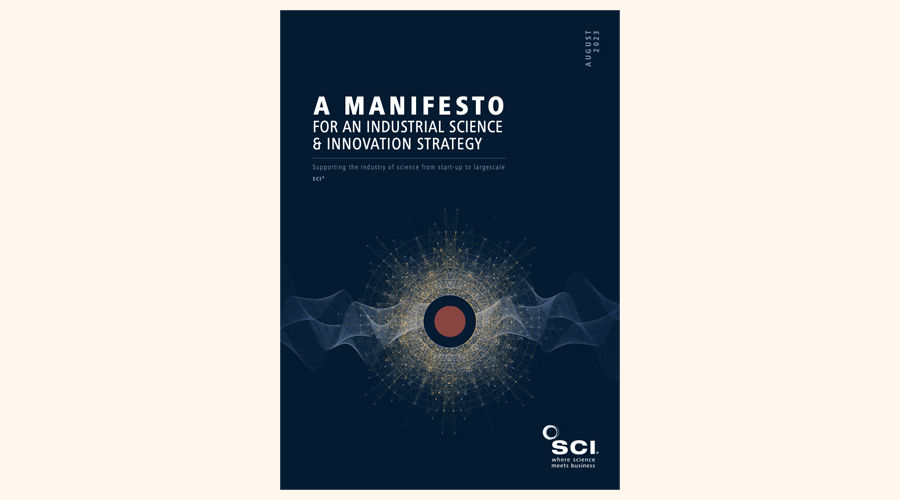Labour claims it will create stability to provide the right environment to get R&D investment, and exports, back to the levels last seen in 2012.
The Labour Party has used its Annual Business Conference 2024, which took place in London today, to set out its commitment to support business and grow the UK economy. Attracting a wide cross-section of businesses, some 400 attendees heard the party share its vision for creating a stable environment so that investment could be unlocked.
Partnership with business
Shadow Chancellor Rachel Reeves stressed that partnership between business and government was an essential part of what would guide a Labour government.
‘That spirit of partnership will be realised in government through an Industrial Strategy Council revived and put on a statutory footing,’ said the former Bank of England economist.
Reeves said that a British Infrastructure Council will also be established to bring together leading investors and government to help close the shortfall in investment in infrastructure. Focusing on the need for stability, Reeves added that corporation tax would be capped at its current level for the duration of the next parliament, should Labour come into power. ‘Be in no doubt we will campaign as a pro-business party and we will govern as a pro-business party,’ she said.
Highlighting the life science sector as the ‘very model’ of successful cooperation between government, academia and industry, Reeves said that in recent years it had become ‘a victim of government neglect’, with foreign direct investment in UK life sciences halving during 2022 to the benefit of India, Ireland, Belgium and Singapore.
SCI President Paul Drechsler CBE spoke to the Sky News Daily podcast on the topic of Labour's new approach to business.
Reeves’ comments came the day after Labour unveiled a strategy for the life sciences sector that it says will trigger some £10 billion of investment and lead to the creation of more than 77,000 jobs by 2030. It also has a plan to set up an office that will help speed up the time taken for life sciences companies to get established in the UK.
Peter Kyle, Shadow Science Minister of State for Science, Innovation and Technology; and Wes Streeting, Shadow Health Minister, announced the strategy at Stevenage Biosciences Catalyst, Hertfordshire, UK – an open innovation campus focused on therapeutics, established in 2011 and now home to more than 40 companies.

Download SCI's Manifesto for an Industrial Science & Innovation Strategy here.
Commenting on how investment would be driven, Kyle said that creating stability would provide the right environment to get R&D investment and exports back to the levels last seen in 2012.
‘This in turn will trigger £10 billion worth of investment by the pharmaceutical companies themselves and the creation of 77,500 jobs to support that expansion […]This is what the pharmaceutical and research companies have told us directly themselves they are capable of. What they need is a partner in government,’ Kyle said in an interview with GB News on Tuesday.
Improving regulation to benefit the economy
Kyle added that as well as stability there was a need for an improved regulatory and planning framework. ‘We are going to set up an Office of Regulatory Innovation. That means that when innovations come through, whether it be the private pharma sector or the research centres from universities or elsewhere, we can expedite it through the regulatory system so that it can benefit the economy and people in the health service.’
‘Right now we’ve seen things like AstraZeneca applying for investment from its global parent company being turned down for various reasons; because they don’t see Britain as the best partner for it. We missed out on £350 million of direct investment which would have led to billions of pounds over the years to come.’ Kyle added.
New governance model that is fit for the future
The importance of business relations was stressed in a Labour Party blueprint released at the end of January. A report: A New Partnership: A long-term plan for Government Business Relations to Power Our Economy and Society is described as ‘an independent review of business relations for a new government,’ and was developed with support from businesses and organisations including SCI.
‘We need to return to good governance, and a long-term plan for business engagement that is future-proofed for administrations to come. There is an opportunity for a new government to reconfigure business relations and put them on a sure and sustainable footing to ensure policy makers always gain the most innovative, fresh ideas on how the private sector can contribute towards an ambitious agenda for our country,’ the report says.

